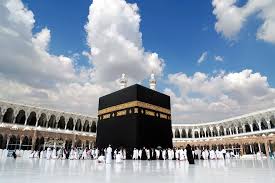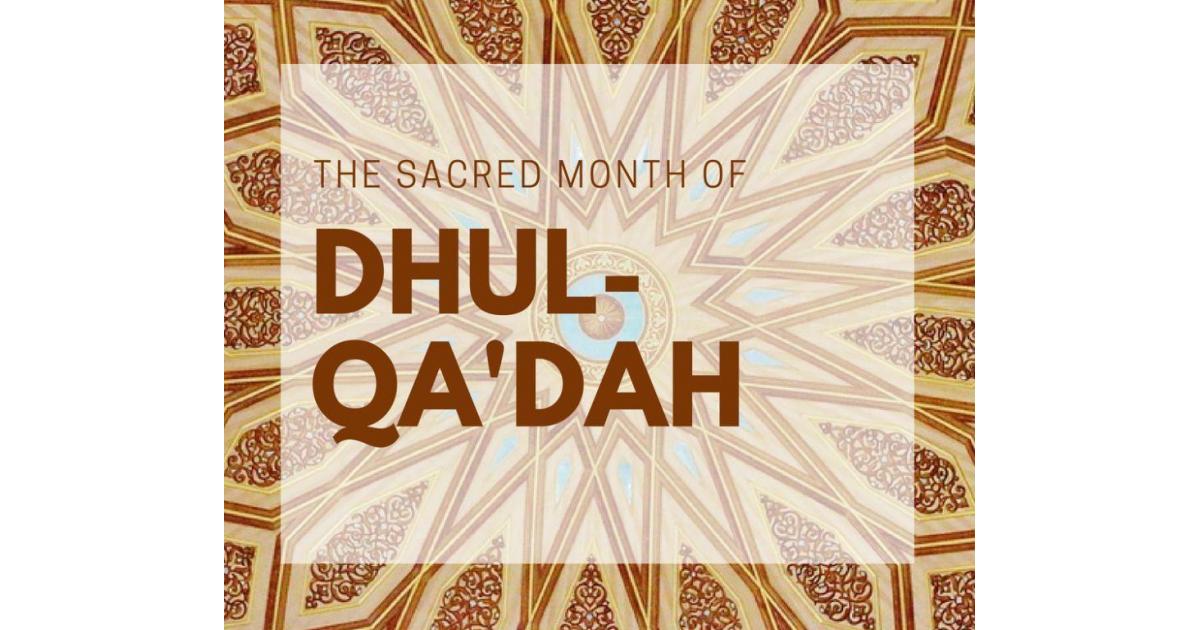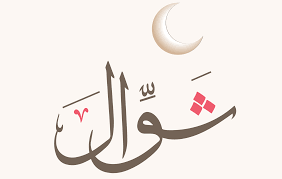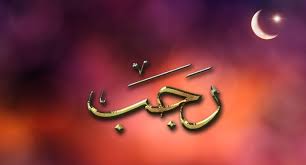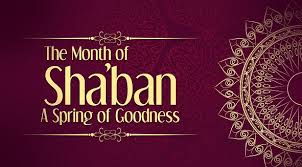Understanding the Significance of Dhul-Hijjah
Dhul-Hijjah, the twelfth month in the Islamic calendar, holds immense significance for Muslims around the world. It is a time of spiritual reflection, devotion, and pilgrimage. The name “Dhul-Hijjah” itself means “The Month of Pilgrimage,” indicating its importance for the annual Hajj pilgrimage to Mecca, a cornerstone of Islamic faith.
A Month of Profound Significance
Dhul-Hijjah is among the four sacred months in Islam, alongside Muharram, Rajab, and Dhu al-Qi’dah. These months are considers special and sacred by Allah, and acts of devotion performed during these times carry extra significance. During Dhul-Hijjah, Muslims are encourage to engage in various forms of worship, increase their good deeds, and seek forgiveness and blessings from Allah.
The First Ten Days: An Opportunity for Greater Spiritual Rewards
The first ten days of Dhul-Hijjah are especially significant. According to Islamic tradition, these days are the most virtuous and blessed days of the year. The Prophet Muhammad (peace be upon him) said, “There are no days on which righteous deeds are more beloved to Allah than these ten days” (Bukhari). Muslims are encouraged to increase their acts of worship during this period, including praying, fasting, giving charity, and performing Dhikr (remembrance of Allah).
The Legacy of Sacrifice: Eid al-Adha and Qurbani
Eid al-Adha, the Festival of Sacrifice, is celebrate on the tenth day of Dhul-Hijjah. This major Islamic holiday commemorates the willingness of Prophet Ibrahim (Abraham) to sacrifice his son, Ismail, in obedience to Allah’s command. Allah, in His infinite mercy, replaced Ismail with a ram, sparing his life. Muslims honor this legacy by performing Qurbani (sacrifice), where an animal such as a sheep, goat, or cow is sacrificed. The meat is distribute among family, friends, and those in need, embodying the spirit of charity and community.
Perform Dhikr and Takbeer
During Dhul-Hijjah, Muslims engage in Dhikr (remembrance of Allah) and Takbeer (praising Allah). These acts of worship help strengthen their connection with Allah and keep their hearts and minds focused on spirituality. The specific phrases recited include:
- Takbeer: “Allahu Akbar, Allahu Akbar, La ilaha illallahu Wallahu Akbar, Allahu Akbar wa lillahil-hamd” (Allah is the Greatest, Allah is the Greatest, there is no deity except Allah, Allah is the Greatest, Allah is the Greatest, and all praise is due to Allah).
- Tasbeeh: “Subhanallah” (Glory be to Allah).
- Tahmeed: “Alhamdulillah” (All praise is due to Allah).
- Tahleel: “La ilaha illallah” (There is no deity except Allah).
These phrases are recite frequently during the first ten days of Dhul-Hijjah, especially after the obligatory prayers.
Recite the Quran
Reading the Quran is a highly recommend practice during Dhul-Hijjah. The Quran is the holy book of Islam, revealed to the Prophet Muhammad (peace be upon him) as a guide for humanity. By reading and reflecting on its verses, Muslims can gain a deeper understanding of their faith and draw closer to Allah. The Quran offers guidance, wisdom, and solace, making it an essential part of spiritual growth during this blessed month.
Give Qurbani
Qurbani, or the act of sacrifice, is a significant ritual during Eid al-Adha. Muslims sacrifice an animal, typically a sheep, goat, or cow, to commemorate Prophet Ibrahim’s willingness to sacrifice his son. This act symbolizes submission to Allah’s will and serves as a reminder of the importance of obedience and faith. The meat from the Qurbani is distribute in three parts: one-third for the family, one-third for friends and neighbors, and one-third for the needy. This distribution ensures that everyone can partake in the festivities and experience the joy of Eid.
Hajj Pilgrimage
Hajj, the annual pilgrimage to Mecca, is one of the five pillars of Islam and takes place during Dhul-Hijjah. Every Muslim who is physically and financially able is required to perform Hajj at least once in their lifetime. The pilgrimage involves a series of rituals, including Tawaf (circling the Kaaba), Sa’i (walking between the hills of Safa and Marwah), and standing on the plain of Arafah. Hajj is a profound spiritual journey that fosters unity and humility among Muslims from diverse backgrounds. It serves as a reminder of the equality of all believers before Allah and the transient nature of worldly life.
The Day of Arafah
The Day of Arafah, which falls on the ninth day of Dhul-Hijjah, is the pinnacle of Hajj. On this day, pilgrims gather on the plain of Arafah to pray, supplicate, and seek forgiveness from Allah. The Prophet Muhammad (peace be upon him) said, “Hajj is Arafah,” highlighting the significance of this day. For those not performing Hajj, fasting on the Day of Arafah is highly recommended. The Prophet (peace be upon him) said, “Fasting on the Day of Arafah expiates the sins of the previous year and the coming year” (Muslim). This day offers an opportunity for immense spiritual rewards and forgiveness.
FAQ’s
1. What is the importance of Dhul-Hijjah?
Dhul-Hijjah is one of the four sacred months in Islam. The first ten days are particularly significant. Good deeds performed during these days are greatly rewarded. It is a time for increased worship, spiritual reflection, and seeking Allah’s mercy.
2. How can I maximize the benefits of Dhul-Hijjah?
To maximize the benefits of Dhul-Hijjah, engage in increased worship, such as praying, fasting, and reading the Quran. Perform Dhikr and Takbeer to keep your heart and mind focused on Allah. Give charity and Qurbani to help those in need. If possible, perform Hajj, as it is a profound spiritual journey.
3. What is Qurbani, and why is it performed?
Qurbani is the act of sacrificing an animal during Eid al-Adha. It commemorates Prophet Ibrahim’s willingness to sacrifice his son for Allah. The meat from the Qurbani is distributed to family, friends, and the needy, ensuring that everyone can share in the joy of Eid. It symbolizes submission, obedience, and charity.
4. What are the benefits of fasting on the Day of Arafah?
Fasting on the Day of Arafah expiates sins of the previous and upcoming year. It is a day of immense spiritual significance and an opportunity for forgiveness. For those not performing Hajj, fasting on this day is highly recommended to seek Allah’s mercy and blessings.
Conclusion
Dhul-Hijjah is a sacred month filled with opportunities for spiritual growth. By engaging in acts of worship and devotion, Muslims can earn immense rewards. Whether it is performing Hajj, giving Qurbani, or simply increasing Dhikr, every act counts. Embrace the blessings of Dhul-Hijjah and make the most of this profound time. Engage in the recommended practices, share the knowledge with others, and deepen your connection with Allah. Let this Dhul-Hijjah be a period of immense spiritual fulfillment and a time to seek Allah’s mercy and blessings.
By following this article, you can deepen your understanding and appreciation of Dhul-Hijjah. Engage in the recommended practices and share the knowledge with others. Make this Dhul-Hijjah a period of immense spiritual fulfillment.
